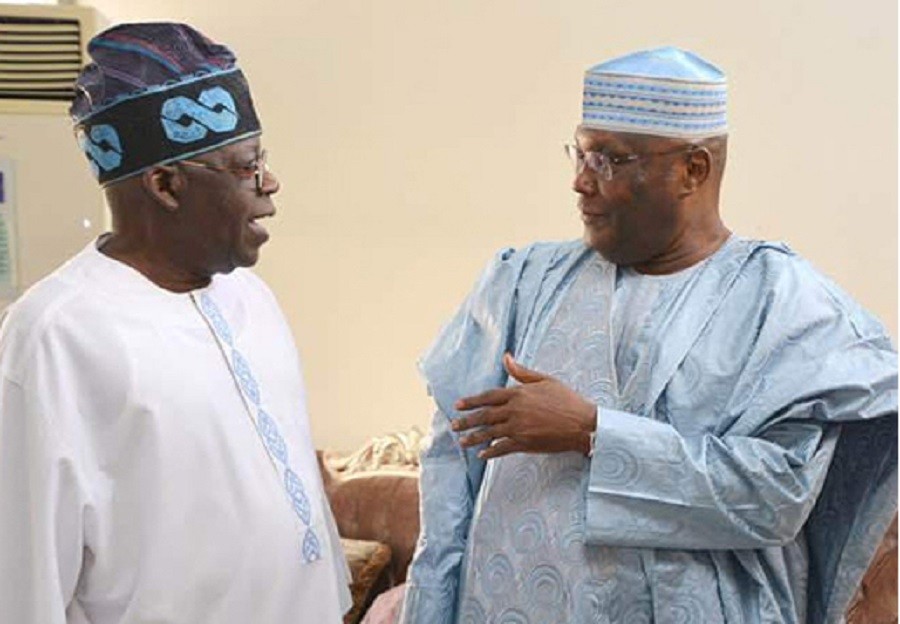PEOPLE’S GAZETTE
President Bola Tinubu’s inaugural speech on May 29 was uninspiring, undiplomatic and ill-timed, says a university professor.
Ayoola Olalusi, a don at the Federal University of Technology, Akure in Ondo, pointed out that Mr Tinbu’s speech during his inauguration as Nigeria’s 16th president was too direct, advising that the president be diplomatic in his affairs.
“I feel the inaugural speech is too direct. He did not speak like a politician; (a) politician during (an) inaugural speech will evaluate and stir peoples’ expectations,” the professor explained.
Unimpressed by Mr Tinubu’s first outing, Mr Olalusi said, “The new president did not do that. You can imagine the president starting and telling you that there will be no subsidy.”
He added, “A diplomatic government will rather keep quiet, and the people will just see that the fuel prices have increased, and he will tell you that there is no provision for that in the budget.”
The FUTA professor insisted that the new president’s speech was less than stellar in soothing citizens’ frayed nerves.
“I see that Tinubu is too direct. He has set his mind on what he wants to do. He is not diplomatic and not gearing so many expectations. I can tell you by tomorrow (Monday) fuel stations will close down because of the proclamation. It is too direct.”
Mr Olalusi, however, stated that Mr Tinubu was in the right direction to focus on agriculture and develop it to an exportable level to boost the export of agricultural products.
“I am glad that the president mentioned the livestock. I have said that we need to increase our grazing reserves so that we will reduce farmers-herders clashes. The president mentioned it specifically that he’s going to apply modern technology to agriculture, particularly animal production,” explained the FUTA professor. “We have an alternative, and that is the solution to this current herdsmen/farmers clashes, modern technology.”
Mr Olalusi also commended Mr Tinubu on reintroducing the commodity board, stating that it will address the high cost of food, drive uniform market prices, and control market prices.
The FUTA professor explained that former military dictator Ibrahim Babangida disbanded the commodity board in the 1990s because of the Structural Adjustment Programme.
“The policy was part of the IMF strategy to allow market forces to determine the prices of products. Looking at our situation in Nigeria and other developed countries, the strategy may not necessarily be very effective,” said Mr Olalusi.
He added that a commodity board controls the price and makes sure they buy products at a good price from farmers and store them in their storage facility.
“You find out that when the crops are coming out, the people will buy at very cheap because the farmers are very scared that there may be spoilage, so they sell at very cheap price, and this is very unfavourable to the farmers,” the don said. “But if there is a market commodity board, they will buy, process and keep for when there will be value for farmers. That is the advantage.”



Connect with us on our socials: